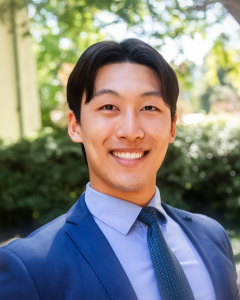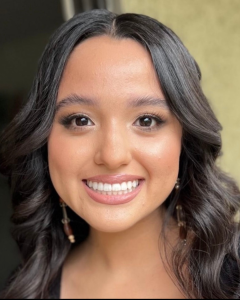UCLA psychology student wins NIH Undergraduate Scholarship
By Kayla McCormack | January 6, 2026
Fourth-year psychology major Khoa-Nathan Ngo has been selected as one of the recipients of the National Institute of Health (NIH) Undergraduate Scholarship Program. This highly competitive award is typically offered to about 12 to 15 students annually.
“It just feels incredible to be selected as a winner. Thanks to this award I don’t have any student loan debt. It also brings me a lot of pride, especially in the ecosystem that scientific research is going through right now, to earn this distinction from the NIH.”
The scholarship provides $20,000 per academic year to support students with tuition, education, and reasonable living expenses. As part of the award, recipients complete a 10-week summer internship and commit to a year of full-time work at the NIH after graduation. Ngo compares the NIH’s role in health research to NASA’s role in space exploration, underscoring his excitement for the opportunity.
Ngo, a transfer from Foothill College, chose his major after discovering a passion for mental health advocacy. As a policy intern with Santa Clara County, he helped lobby for Senate Bill 1318, requiring schools to implement suicide intervention plans.
He also serves as a youth fellow with the Children and Youth Behavioral Health Initiative, a statewide effort to improve mental health support for young people. Currently, he works on the CAL-MAP project, which connects rural primary care providers with psychiatric consultations through a secure online portal to expand behavioral health access.
“Working in policy, I met many lawyers and policy analysts but also doctors and scientists who stepped beyond academia,” Ngo said. “I saw how advocating for greater access gave their clinical work and research more meaning. I couldn’t pursue the physician-scientist path if I couldn’t continue to advocate for increased mental health access.”
At UCLA, Ngo began his start in research journey through the Psychology Research Opportunities Programs, more commonly referred to as PROPS. He worked with Patrick Wilson investigating the role that race-related mistrust plays in medication adherence amongst queer men with HIV.
This year, he’s working in the Brain Body Lab led by Bridget Callaghan, associate professor of psychology, studying the impacts of loneliness during the Covid-19 pandemic on the gut microbiomes of adolescents.
“Undergraduate research, without exaggeration, gave meaning to my academic journey,” Ngo said. “I am still blown away by the sheer amount of knowledge I have yet to acquire. It makes me admire my mentors even more.”
Ngo hopes to get his M.D./Ph.D. in health psychology or social neuroscience after completing his undergraduate degree.
“I’d love a role that would allow me to do research and clinical care,” said Ngo. “I would also really like to make mentorship and advocacy a huge part of what I do. I’d like to put an emphasis on training those who might not have had the opportunity to enter medicine or science.”
The UCLA Center for Scholarships and Scholar Enrichment empowers students to discover, apply for, and secure scholarships through personalized guidance and support. Learn more.













